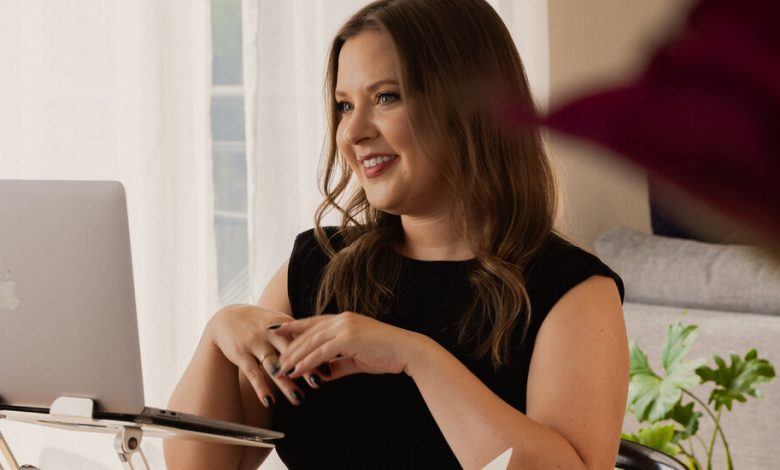Seeing Workplace Misery, They Offer Company

“Making It Work” is a series is about small-business owners striving to endure hard times.
When Karen Schiro, a real estate agent in Fairfax Station, Va., realized last year that she was suffering from burnout, she reached out to a burnout coach, Ellyn Schinke, based in Tacoma, Wash. “I knew that I was burned out and I just didn’t know how to fix it,” she said.
Over six months of weekly video calls, Ms. Schiro, 45, learned how to pare down her overloaded to-do lists. Making changes like adding a line to her email signature saying that she does not respond to messages sent after 6 p.m. seemed like “stupid stuff,” she said, but it took an outsider’s perspective to pinpoint these adjustments.
“When you’re burned out, it’s hard to think of those things and implement them,” Ms. Schiro said.
Even before the Covid-19 pandemic disrupted how and where people work, the World Health Organization recognized burnout. In 2019, it defined the hallmarks of this type of chronic workplace stress as exhaustion, cynicism and ineffectuality — all attributes that make it tough for people to bounce back on their own, said Michael P. Leiter, a professor emeritus at Acadia University in Nova Scotia who studies burnout.
“It’s hard, at that point, to pull yourself up by your bootstraps,” he said. “It’s really helpful to have a secondary point of view or some emotional support.”
Enter the burnout coach.
Operating in a gray area between psychotherapy and career coaching, and without formal credentialing and oversight, “burnout coach” can be an easy buzzword to advertise. Basically anybody can hang out a shingle.